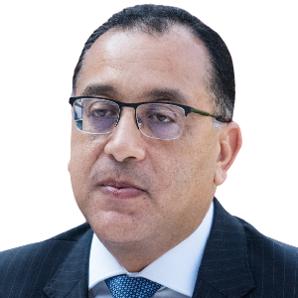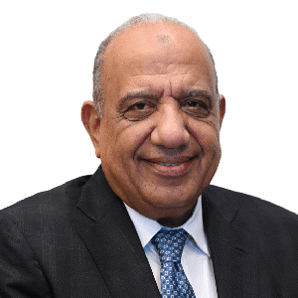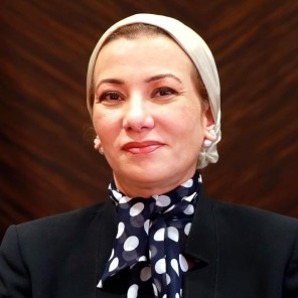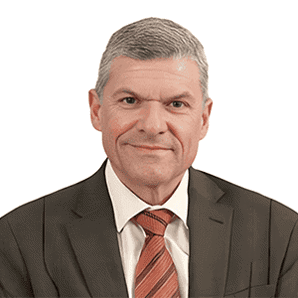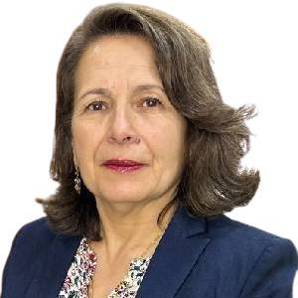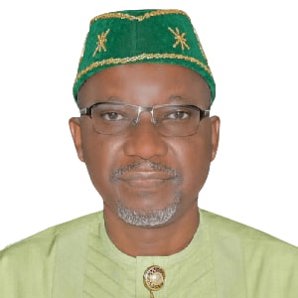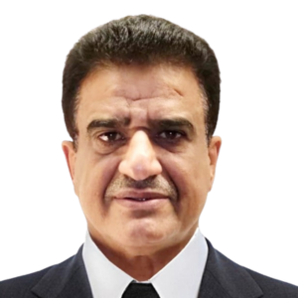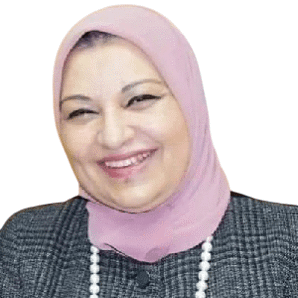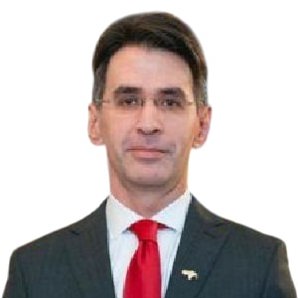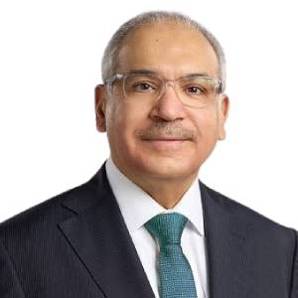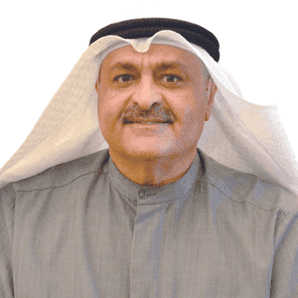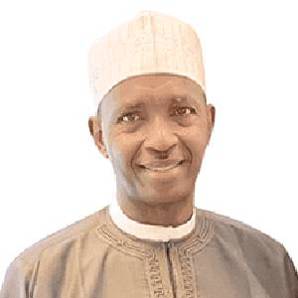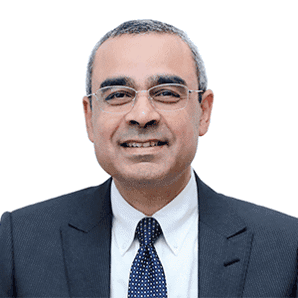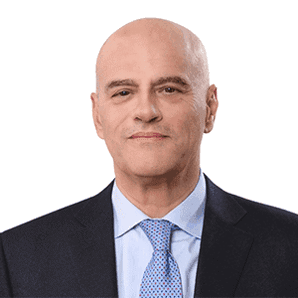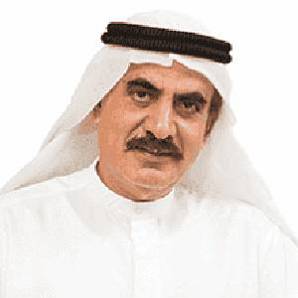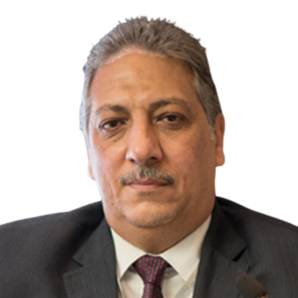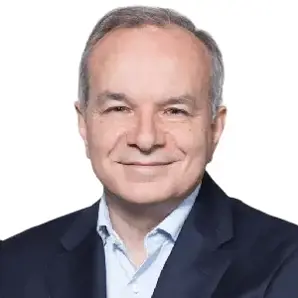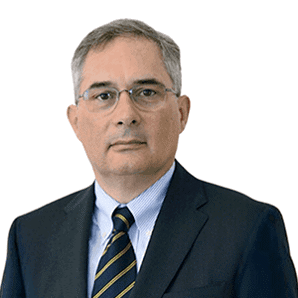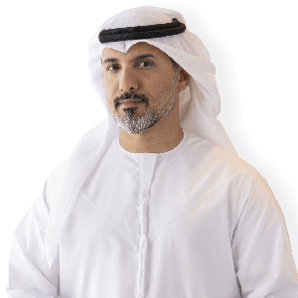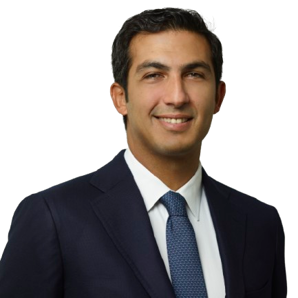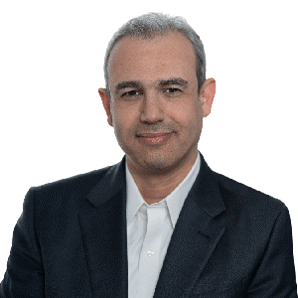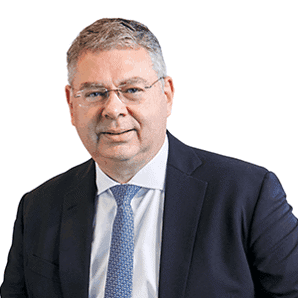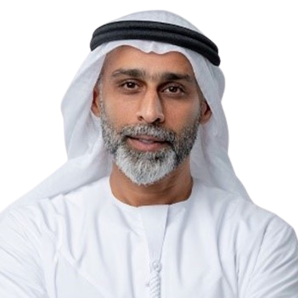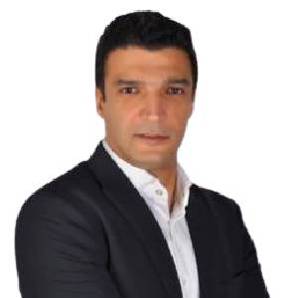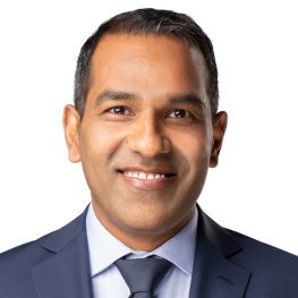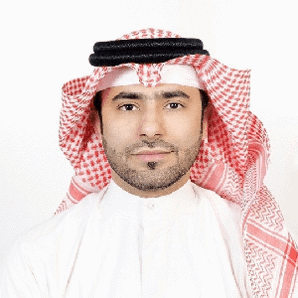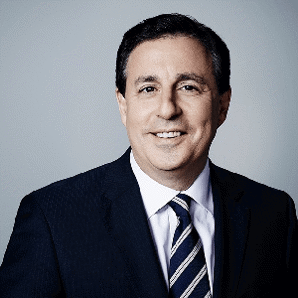STRATEGIC CONFERENCE SPEAKERS AND THOUGHT LEADERS
2025 AGENDA
Monday, 17 February 2025
Tuesday, 18 February 2025
10:00 - 12:00
Official Presidential Opening Ceremony and Inauguration
Pragmatic, secure and sustainable energy development
14:00 - 14:40
Approaches to energy security and industrial competitiveness
Speakers
14:40 - 15:20
A shift in the narrative - energy pragmatism
Speakers
Bernard Pinatel
President Downstream and President Marketing & Services, Member of the Executive Committee
TotalEnergies
15:20 - 16:00
Taking harmful emissions out of energy
Speakers
HE Eng Jamal Al Loughani
Secretary General
Organization of Arab Petroleum Exporting Countries (OAPEC)
16:00 - 16:40
Gas – powering energy hungry nations and industries
Speakers
12:00 - 12:40
Powering electricity with low-carbon fuels and renewables
Speaker
12:40 - 13:20
Vertical energy corridors and trade hubs
Speakers
14:20 - 15:00
Connecting the dots on methane
Speakers
Alaa El Batal
First Undersecretary for HSE, Energy Efficiency and Climate
Egyptian Ministry of Petroleum & Mineral Resources
15:00 - 15:40
Generating downstream value-add
Speakers
15:40 - 16:20
The importance of bankable energies
Speakers
16:20 - 17:00
AI, technology and energy
Speakers
Arturo Gil
Deputy Minister, Artificial Intelligence and Productive Efficiency in Hydrocarbons, People’s Ministry of Hydrocarbons
Bolivarian Republic of Venezuela
17:00 - 17:40
Powering Egypt’s energy future collaboratively and responsibly
Speakers
Monday, 17 February 2025
Tuesday, 18 February 2025
STRATEGIC CONFERENCE THEMES
ACCESSING SECURE AND SUSTAINABLE ENERGY TODAY
Access to reliable, affordable fuels and energy sources, near, short and long-term remain vital to the diverse needs, livelihoods and prosperity of populations and economies globally. As net-zero by 2050 draws ever closer, work continues at pace on sustainable energy development. Near and short-term continued investment in hydrocarbon exploration, processing and refining must focus on efficiency, value add and cutting carbon emissions, with long-term focus on tripling renewables capacity, and deployment at scale, of cost-competitive low-carbon solutions.
TAKING STOCK OF THE ENERGY TRANSITION
Regardless of global north or south divides, all countries globally are transitioning their energy systems to decarbonise oil and gas value and supply chains. In tracking progress towards the 1.5°C pathway by mid-century, the critical window is fast closing. If missed, can 1.75°C or 2.6°C be achieved? If either are to be met, what more does the industry need to do to fast-track the critical agenda of taking harmful emissions out of energy?
SECURING ENERGY TRADE, PARTNERS AND INVESTORS
Regionally, many countries are facing unprecedented geopolitical challenges and operating in a complex energy landscape. Despite these constraints, new reforms and strategic priorities are focused on building competitive and investment attractive economies, creating enticing opportunities such as tax incentives and new fiscal policies for purposeful collaboration with international partners. Partners that will support competitiveness, open new import-export trade markets with access to future-ready infrastructure and expedite a low-carbon growth economy.
CHARTING NEW ENERGY BUILDOUT
Globally, a vast buildout of clean energy infrastructure is underway. Infrastructure that will support the production, use and transportation of renewable energies to power our future. Investment to bolster fast and smart buildout is needed now to replace aging fossil fuel dependent infrastructure and support electricity generation and electrification strategies to decarbonise supply chains. With advances in solar and wind freeing up gas, and hydrogen, bio and synthetic fuels gaining traction, the power of renewables remains firmly on the table in shaping the future of energy today.
DIGITAL, AI, INNOVATION AND ENERGY
As digital innovation progresses, technology across the energy spectrum continues to reach new heights and transform the possibilities of clean tech capability. Early adopters of AI are already transforming the way in which their businesses operate, and their people work, improving productivity and profitability. With many having seen the business benefit of AI, there are still concerns of trust, misinformation, transparency and security risks. Whilst clean tech and EV batteries rely on availability of critical minerals like lithium, nickel, aluminium, copper and rare earth elements and with demand outweighing production, concerns around mineral value chain stability and resilience remain.
GAS TRANSITION OR DESTINATION
Since COP27, Egypt has championed gas as the transitional fuel of choice, calling for access to continued investment and funding allocation to provide access to energy for all, alleviating energy poverty across African continents. Reliable, available, affordable and flexible, and with industry wide continued efforts to further reduce its carbon footprint by eliminating non-emergency flaring, scaling up CCUS and tackling methane emissions, gas remains a real and significant contender as a destination fuel, especially within Africa and the region.




